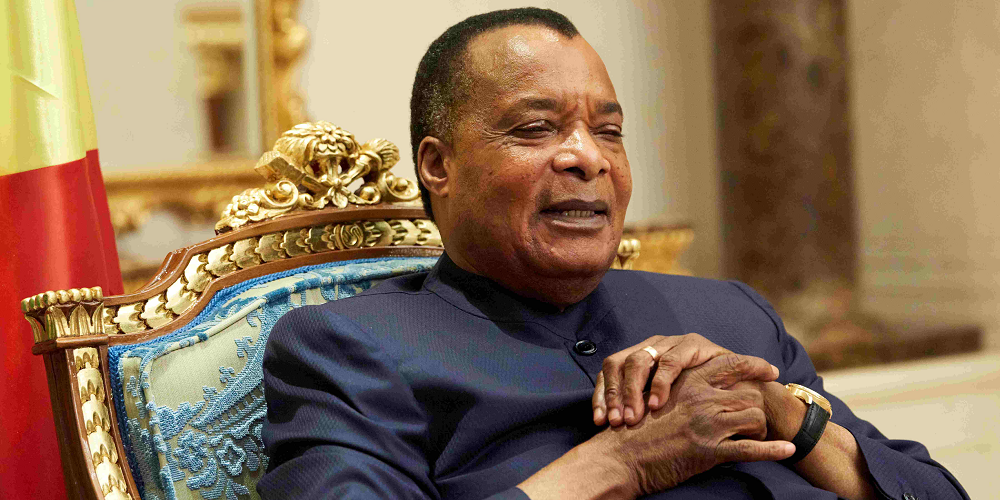In an exclusive interview with France 24, President Denis Sassou Nguesso of Congo-Brazzaville emphasized that imposing international sanctions on Rwanda would not resolve the ongoing tensions between Rwanda and the Democratic Republic of Congo (DRC). Instead, he stressed the importance of direct dialogue between the two nations to achieve lasting peace, asserting that Africa has the capability to mediate and foster stability without external intervention.
Sanctions Are Not a Lasting Solution
Commenting on the calls for sanctions against Rwanda, President Sassou Nguesso stated, “Sanctioning Rwanda is a reaction typical of conflicting parties trying to assert dominance, but dialogue is the primary path to resolution. Sanctions are not a sustainable solution to conflicts. I see no justification for them against Rwanda. The key is to seek a genuine resolution.”
African-Led Conflict Resolution
Addressing the perceived ineffectiveness of the African Union (AU) in resolving the Rwanda-DRC crisis, President Sassou Nguesso pointed out that Africa must take the lead in its own affairs. Citing Libya as an example, he noted that prolonged foreign intervention without Africa’s direct involvement has failed to bring peace to the region. He stressed that the European Union (EU) or other foreign entities cannot singlehandedly resolve the Rwanda-DRC crisis without Africa playing a central role.
“Africans have successfully resolved many conflicts on their own. While external support is sometimes valuable, we should not rely on others when the issue is fundamentally ours,” he stated.
Preventing Regional War
With concerns rising that the conflict in eastern DRC could escalate into a regional war, President Sassou Nguesso dismissed this possibility. He expressed confidence in Africa’s diplomatic expertise and conflict-resolution experience, stating, “There are fears that this could become a regional war, but I believe African leadership and experience will prevent that from happening.”
Angola’s Withdrawal from Mediation Efforts
Regarding reports that Angola’s President João Lourenço has stepped back from mediating the Rwanda-DRC dispute, President Sassou Nguesso reassured that other African leaders are capable of taking up the role. He highlighted the contributions of leaders like Kenya’s President William Ruto and former President Uhuru Kenyatta in previous negotiations.
“Mediation does not depend on one individual. The Luanda and Nairobi peace processes involved multiple leaders, and new mediators will emerge. I am also a friend of both President Kagame and President Tshisekedi and have engaged in discussions on these issues. I am willing to contribute to the peace process,” he affirmed.
Urgency for Direct Talks Between Kagame and Tshisekedi
President Sassou Nguesso underscored the necessity of a direct meeting between President Paul Kagame of Rwanda and President Félix Tshisekedi of the DRC. However, he criticized President Tshisekedi’s reluctance to engage in dialogue, noting that he even skipped the 38th AU Summit, where the DRC’s crisis was a key agenda item.
“We must do everything possible to ensure that Presidents Tshisekedi and Kagame meet. There is no way to resolve this conflict without direct discussions between them,” he insisted.
Commenting on the AU’s recent suspension of six African nations due to political instability and military coups, President Sassou Nguesso defended the organization’s stance, emphasizing that these measures reinforce the AU’s principles and discourage unconstitutional changes in government.
With key regional players such as Angola, Congo-Brazzaville, and Kenya advocating for dialogue, the diplomatic path remains the preferred solution for the Rwanda-DRC conflict. While Rwanda is open to negotiations, President Tshisekedi continues to seek military solutions, despite limited success over the past three years. The ongoing geopolitical maneuvering will determine whether peace can be achieved in the region.



